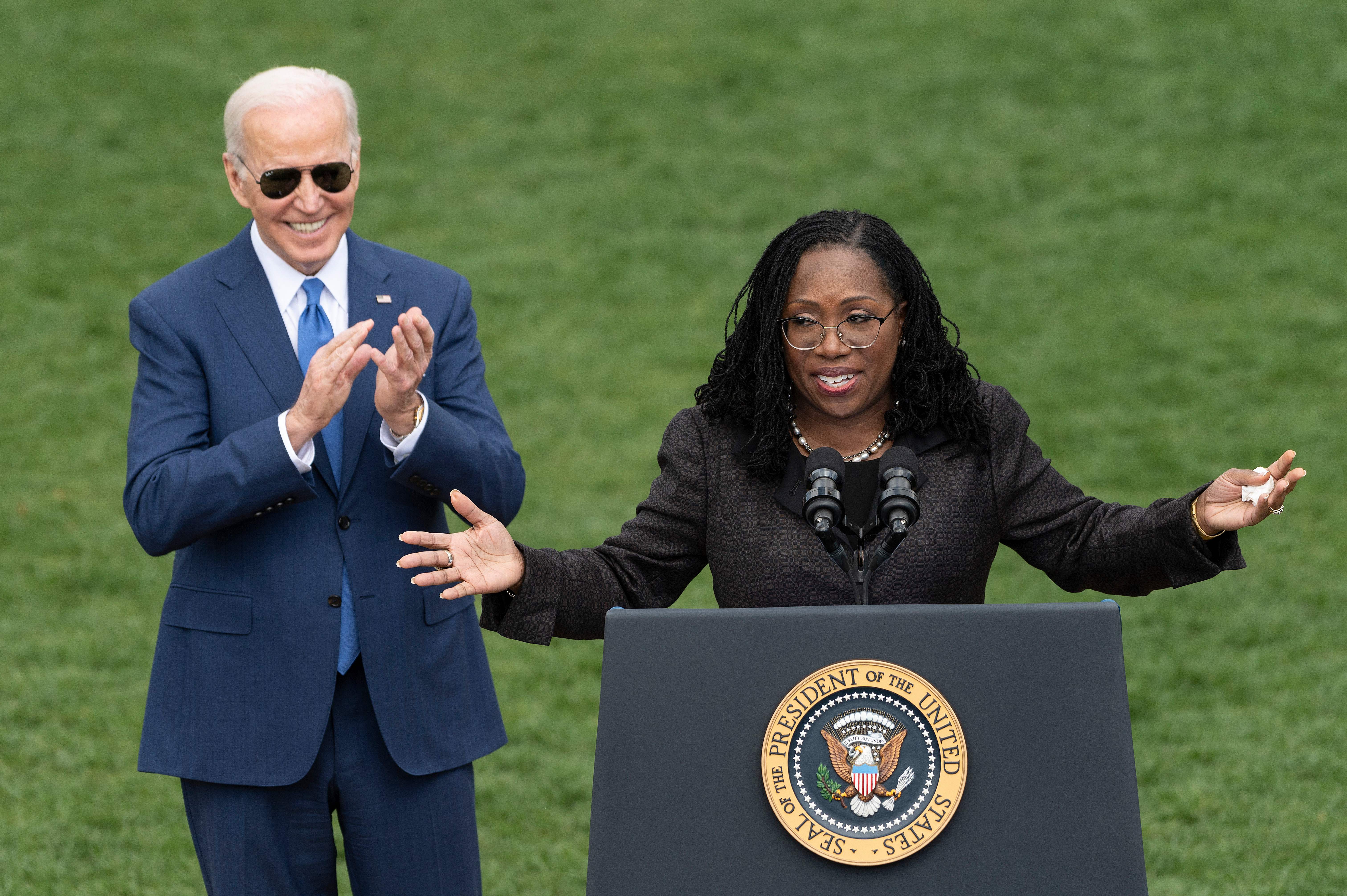U.S. stocks plunged on Monday in their worst Christmas Eve trading ever, as the S&P 500 entered a bear market, CNBC reported.
The Dow Jones Industrial Average dropped by 653 points, falling below 22,000. The S&P 500 fell 2.7 percent and the Nasdaq Composite Index slid 2.2 percent.
The New York Stock Exchange closed early at 1 p.m. ET Monday. The exchange will be closed Tuesday for Christmas and reopened on Wednesday.
Investor confidence has been weighed down by turmoil in Washington, and the markets responded.
Multiple reports said President Donald Trump wants to fire Fed Chairman Jerome Powell, whom he nominated to replace predecessor Janet Yellen, for raising interest rates.
Trump lashed out at the Federal Reserve Monday after administration officials spent the weekend trying to assure the public and financial markets that Powell's job as Fed chairman was safe.
"The only problem our economy has is the Fed," Trump tweeted. "They don’t have a feel for the Market, they don’t understand necessary Trade Wars or Strong Dollars or even Democrat Shutdowns over Borders. The Fed is like a powerful golfer who can’t score because he has no touch - he can’t putt!"
U.S. & World
U.S. Treasury Secretary Steve Mnuchin called the CEOs of six major banks Sunday in an apparent attempt to reassure jittery financial markets but only accentuated concerns in the markets.
In an unusual move, Mnuchin disclosed the calls with the heads of Bank of America, Citi, Goldman Sachs, JP Morgan Chase, Morgan Stanley and Wells Fargo in a tweet about the private conversations.
Mnuchin said the CEOs all assured him they have ample money to finance all their normal operations, even though there haven't been any serious liquidity concerns rattling the market.
Worries about slowing economic growth and rising interest rates saddled the U.S. market with its worst week in more than seven year. Barring a turnaround, stocks are now headed for their single worst month since October 2008, when the market was being battered by the global financial crisis. That crisis was triggered by a reckless lending spree that prompted a taxpayer-backed bailout of several U.S. banks.
But the circumstances are dramatically different now that the U.S. economy has been growing steadily since 2009. Most experts believe the growth will continue in the U.S., but there are signs things are slowing down in Europe and China.
Dysfunction in Washington isn't helping the situation, with a budget impasse between President Trump and Congress triggering a partial U.S. government shutdown that could last into the new year.



